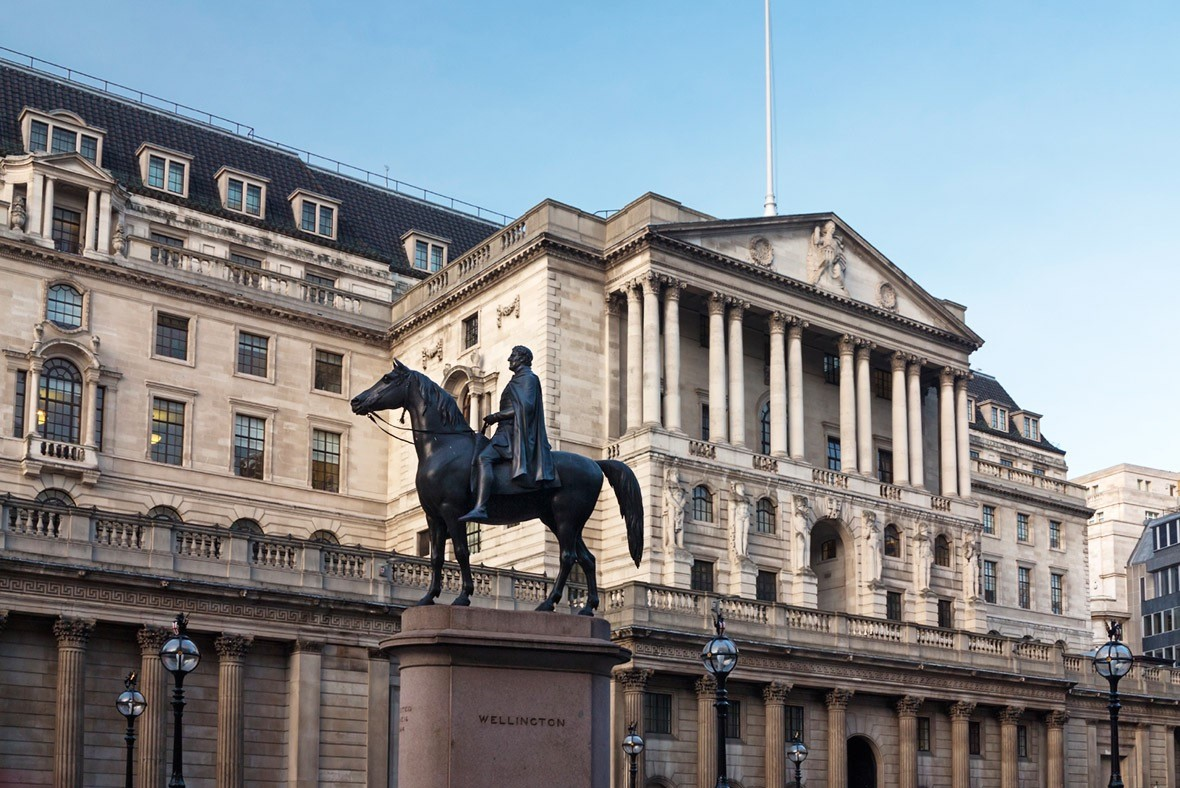Central Bank of UK Testing Blockchain Solution for New Payment Settlement System

The central banking institutions from across the globe have expressed a lot of hostility for digital currencies in the past, however, they always praised the underlying Distributed Ledger Technology (DLT) for its ability to do instant transactions globally and at very low costs.
The Bank of England is currently undertaking a proof-of-concept and seeing whether a blockchain-based solution can be used for its new Real Time Gross Settlement (RTGS) system. The statement from the bank read: “The bank is undertaking a Proof of Concept (PoC) to understand how a renewed RTGS service could be capable of supporting settlement in systems operating on innovative payment technologies, such as those built on DLT.”
RTGS transactions are usually high-value transactions which require instant clearing. The RTGS is usually operated by a central bank and the transactions are settled as soon as they are processed on a one-to-one basis, without linking them with any other transactions.
Last year in 2017, the Central Bank had told that it is working on a payment service compatible with the blockchain technology and further stated that the new service would have “a diverse and flexible range of settlement models” thereby allowing the new blockchain infrastructure get access to bank’s central money.
At that time BoE governor Mark Carney said: “New technologies could transform wholesale payments, clearing and settlement. In particular, distributed ledger technology could yield significant gains in the accuracy, efficiency and security of such processes, saving tens of billions of pounds of bank capital and significantly improving the resilience of the system.”
But in the latest announcement, the bank says that the technology is still under the juvenile stage of development and that it can’t consider entirely moving its base to the new system. The bank said: “Although the bank has concluded that distributed ledger technology (DLT) is not yet sufficiently mature to provide the core for the next generation of RTGS, it places a high priority on ensuring that the new service is capable of interfacing with DLT as and when it is developed in the wider sterling markets.”
The Bank of England is currently making some effort on how the renewed RTGS system could support settlements of those systems that operate on the blockchain technology. To give this project a push, the bank has tied up with different Fintech firms like R3, Baton Systems, Token and Clearmatics.
The central bank is likely to submit a report on the status of this PoC project by the year-end.


